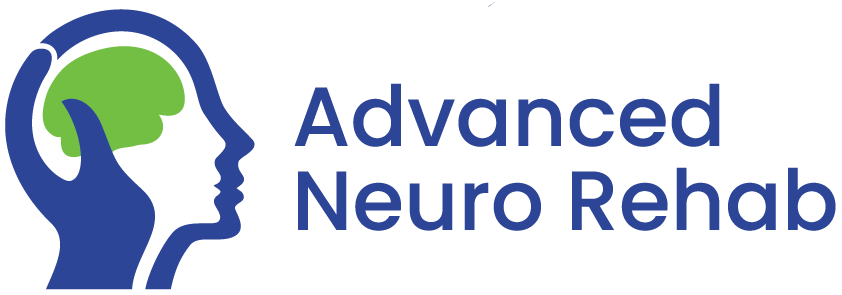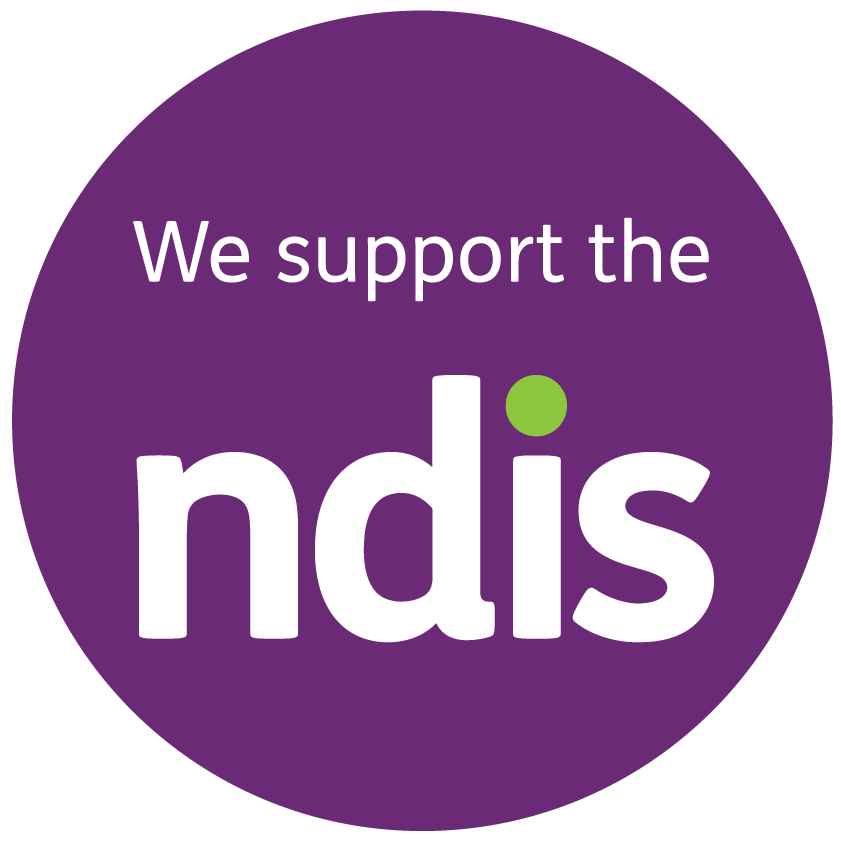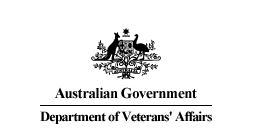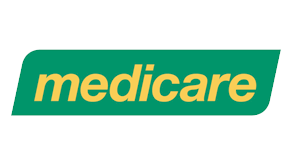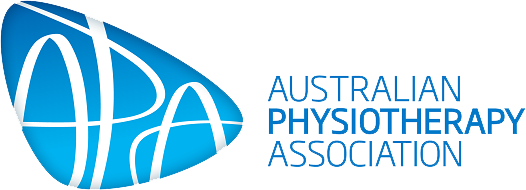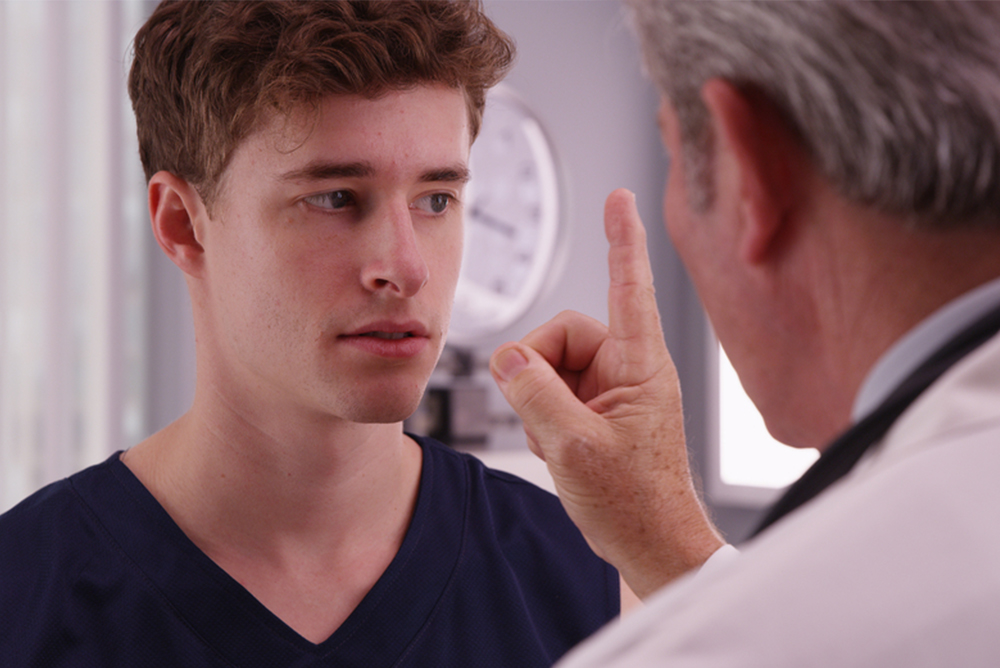
Neurological Physiotherapy
Concussion
Concussion is a type of mild brain injury that occurs when there is either a direct impact to the head or a direct force to the body that subsequently results in transmission of force to the head. Concussion can be a complex injury to diagnose as there is often no structural damage that shows up on medical imaging, however, neurological symptoms are extremely common.
Symptoms typically develop because of issues with one or more of these domains
- Neck
- Autonomic nervous system (helps control our heart rate and blood flow etc.)
- Vestibular system (inner ear)
- Psychological functioning (emotions, thinking etc).
Some common symptoms that present with concussion include;
- Headaches
- Dizziness
- Difficulty concentrating
- Drowsiness
- Neck pain
- Balance problems
- Feeling like ‘in a fog’
- Difficulty remembering
- Trouble falling asleep
- Nervous or anxious
- Nausea or vomiting
Recent guidelines from the American Physical Therapy Association recommend that everyone with a suspected concussion should be assessed by an experienced physiotherapist that has experience assessing the above mentioned domains. As Neurological Physiotherapists trained in vestibular rehabilitation we have extensive training in the assessment and management of concussion.
Your rehabilitation may involve the following:
Early Intervention: we will provide education and guidelines for the initial few weeks when recovering from a concussion.
Comprehensive multimodal assessment: if symptoms should persist we can conduct a comprehensive concussion assessment of the common systems that are affected by concussion and refer you other specialist such as a Neurologist or Orthoptist, if necessary.
Rest and Recovery: We will help you and your family understand why you should limit your activity such as daily tasks, work, school, sports, recreation, and the use of electronics after a concussion. This rest helps the brain repair and helps symptoms resolve as quickly as possible. This period of rest will depend on the severity of your symptoms.
Reducing headaches: We will assess the possible causes of your headaches and use specific treatments and exercises to reduce and relieve them. Treatment may include stretches, hands-on therapy, neck range of movement exercises, head and eye exercises.
Improving strength and endurance: After concussion there can be a decrease in physical strength and endurance, and it is common to experience exercise intolerance. We will assess this and make sure you can exercise without increasing your symptoms and closely monitor your symptoms as you progress through your rehabilitation program.
Dizziness: If you have dizziness and or problems with your balance following a concussion, then vestibular rehabilitation will be part of your treatment.
Return to Learn/ Work : It is very important to develop a return to learn or work plan that will help manage your symptoms following a concussion. We can create a plan and then liaise with your work or school to explain the importance of a graded return to working and learning.
Return to Play: Exercise intolerance is common after concussion and we can develop a graded exercise program so you are at your best when you are ready to return to play. We will liaise with your GP to ensure you can safely return to play.
Other services:
Baseline assessments: these are used to establish an individual’s baseline function and identify areas that could be improved such as neck strength and control, balance and identify any existing vestibulo-ocular deficits.
We have the experience to help you, so if you have ongoing symptoms please book in for an appointment.
